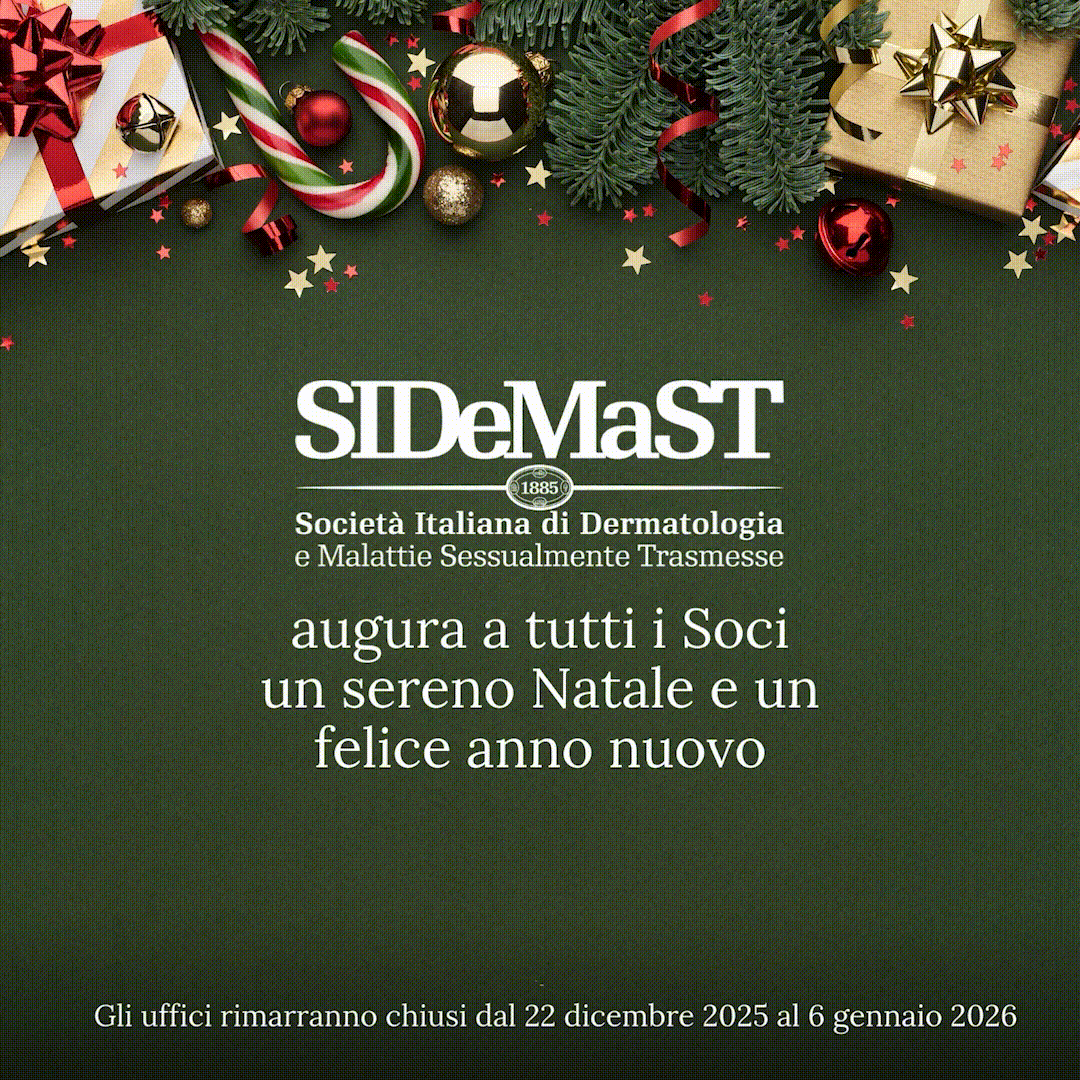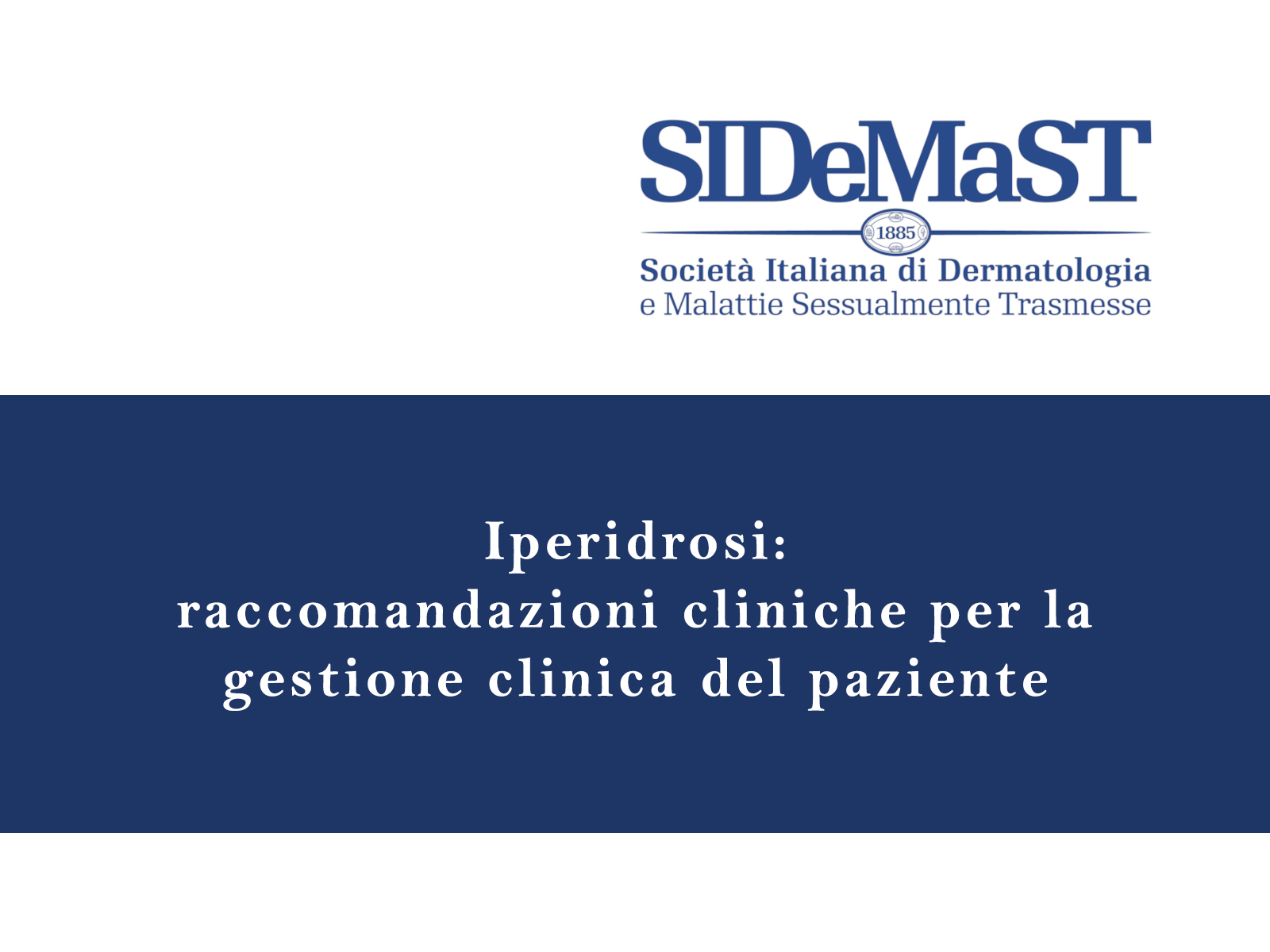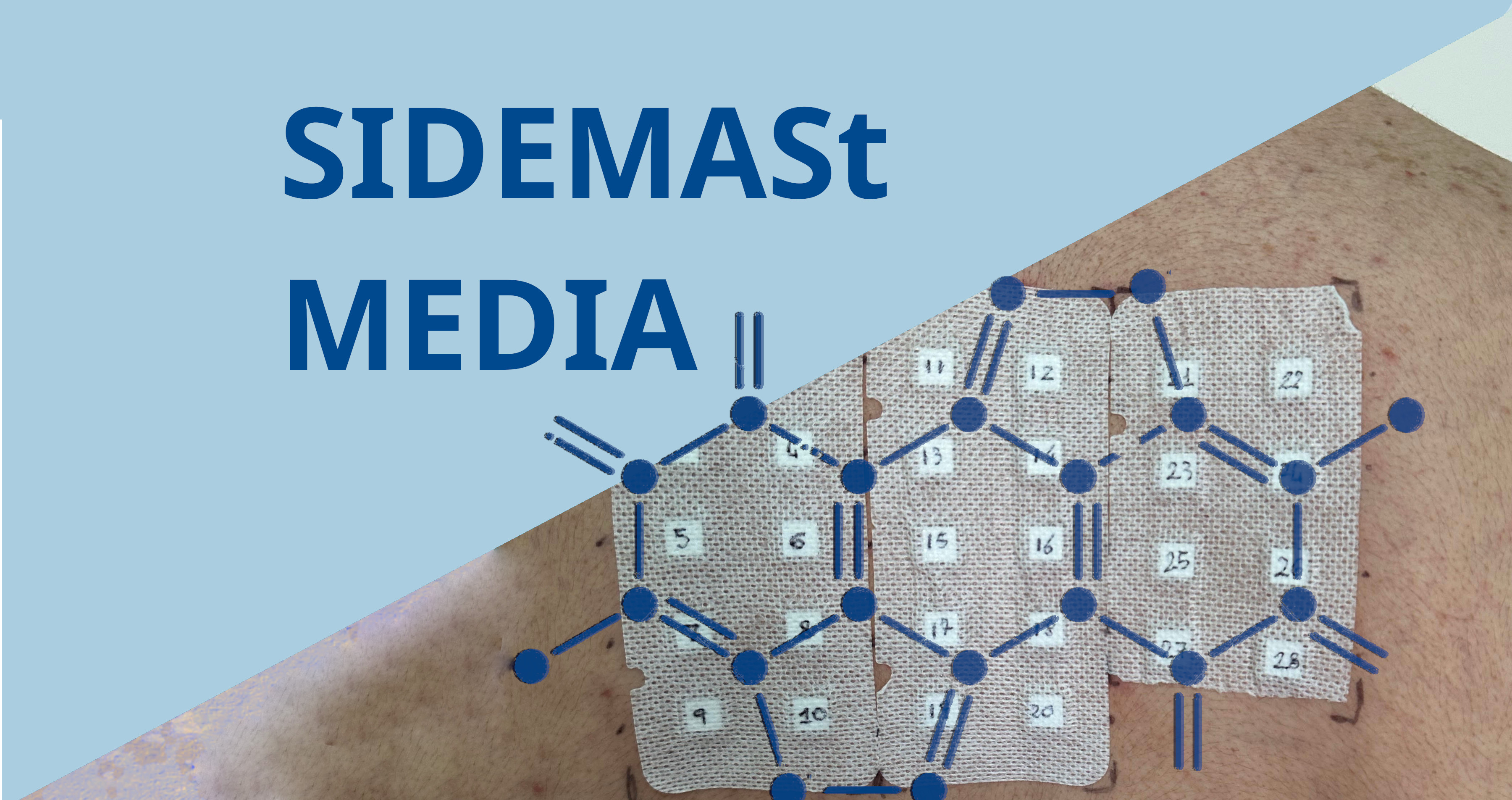Long-term use of ixekizumab, a humanised monoclonal antibody targeting interleukin 17, shows no new or unexpected safety signals in patients with chronic plaque psoriasis, researchers reported here at the 24th European Academy of Dermatology and Venereology (EADV) Congress.
"Results from a phase 2 trial demonstrated that ixekizumab improved the clinical symptoms of psoriasis," said Mark Lebwohl, MD, Department of Dermatology, Mount Sinai School of Medicine, New York, New York. "However, since psoriasis is a chronic condition that requires chronic therapy, further studies are needed to establish its long-term safety and efficacy."
The researchers conducted an open-label extension (OLE) study that included 120 patients who completed a 20-week, phase 2 randomised study. Patients were required to undergo a 12-week washout period or have responses below a score of 75 on the Psoriasis Area Severity Index (PASI 75) before enrolment in the OLE.
Patients entering the OLE were treated with ixekizumab 120 mg every 4 weeks through week 88. Between weeks 92-120, patients were transitioned to maintenance ixekizumab 80 mg every 4 weeks for the remainder of the study.
After 200 weeks of treatment with ixekizumab, 77 of the 120 patients beginning the OLE remained on the study and are continuing treatment. In the OLE, the mean (standard deviation) duration of drug exposure was 162.1 (75.9) weeks.
Treatment-related adverse events (AEs) were reported in 86% patients; most were mild or moderate. The most commonly reported AEs were infections (68.3%). Four severe AEs were reported, including tooth infection, cellulitis, wound infection, and streptococcal pharyngitis (1 case each).
A total of 45 patients discontinued the OLE before week 228; 11 patients discontinued treatment because of AEs and 6 patients for lack of efficacy.
"Long-term treatment with ixekizumab was generally well-tolerated," said Dr. Lebwohl, noting that long-term data from 5 ongoing, large phase 3 studies of ixekizumab should provide further safety information.
Funding for this study was provided by Eli Lilly.









